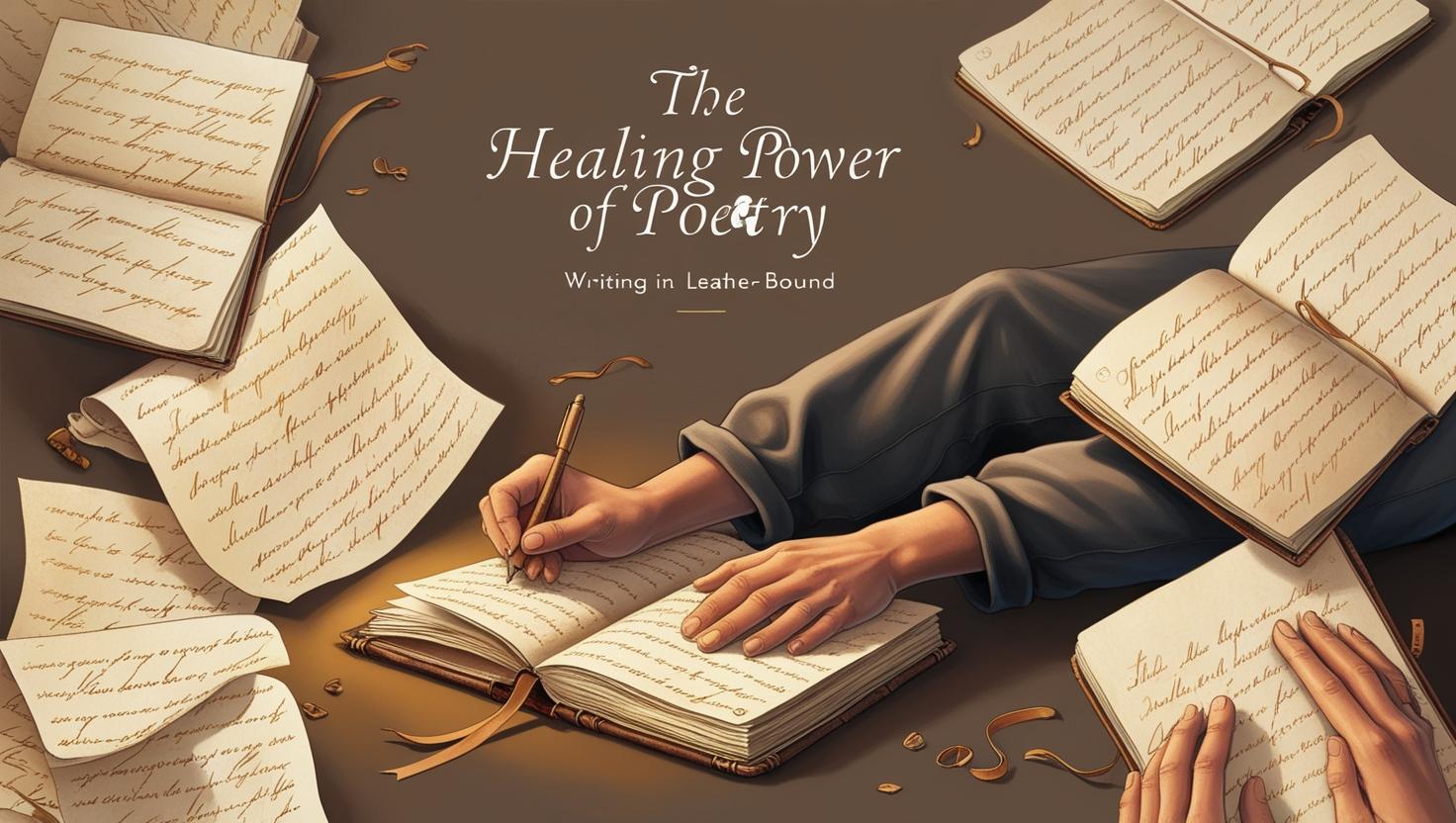Broken mirrors reflect whole truths In shattered pieces of who we are Each fragment tells a story Of how far we've come, how far we'll go
I wrote these lines during what I now call my "mirror phase" – a time when looking at myself felt like staring at a broken reflection. Every crack represented a different version of me: the strong one, the vulnerable one, the healing one, the hurting one. Each fragment held its own truth, waiting to be acknowledged.
When Words Find Their Way
Poetry found me when therapy felt too structured and journaling too linear. There's something about the raw honesty of verses that cuts through our defenses. Poetry doesn't ask for perfect sentences or complete thoughts. It welcomes the fragments, the half-formed feelings, the whispers we can barely hear ourselves.
Think about it – how often do we censor our emotions because they don't fit into neat conversational boxes? Poetry gives permission to the messy, the complicated, the contradictory. It's the language of the heart when the mind runs out of words.
The Science Behind Poetic Healing
Research shows that creative writing, particularly poetry, activates regions in our brain associated with memory and emotion. When we write poetry, we're not just stringing words together – we're creating neural pathways between our experiences and our understanding of them.
Dr. James Pennebaker's studies reveal that expressive writing can improve both mental and physical health. Poetry takes this a step further by adding rhythm and metaphor, engaging both hemispheres of our brain in the healing process.
Starting Your Poetry Journey
Here's the secret: you don't need to be a "poet" to write poetry. You just need to be honest. Start with these simple exercises:
- The Mirror Poem Write about what you see when you look in the mirror – not just physically, but emotionally. What stories do your eyes tell?
- The Letter Poem Write a letter to your pain, your joy, your fear – whatever emotion feels strongest right now. Don't worry about rhyming or structure.
- The Fragment Collection Throughout the day, write down fragments of thoughts and feelings. At night, arrange them into a poem. Let the chaos create its own order.
When Pain Becomes Poetry
Here's another piece I wrote during healing:
Wounds speak in whispers Until we learn their language Then they sing their cure
This haiku emerged from understanding that our pain often carries its own medicine. Poetry helps us translate that pain into something meaningful, something that can heal not just ourselves but others too.
Beyond Personal Healing
The most beautiful part? When we share our poetic journey, we create ripples of healing. Your words might become someone else's lighthouse, showing them they're not alone in their struggles.
I've witnessed this in my coaching sessions – how sharing a poem can crack open conversations that logical discussion couldn't touch. Poetry becomes a bridge between souls, carrying truth and understanding in both directions.
Your Turn to Write
Remember:
- Your poems don't need to rhyme
- Your metaphors don't need to make sense to anyone else
- Your emotions don't need to be pretty
- Your healing doesn't need to follow a schedule
Start with one line. One feeling. One truth.
That's all it takes to begin.
Keep writing, keep healing, keep sharing. Your words are medicine – for yourself and for others who might find their own reflection in your verses.
[Follow me for more insights on healing through creative expression and self-discovery.]


